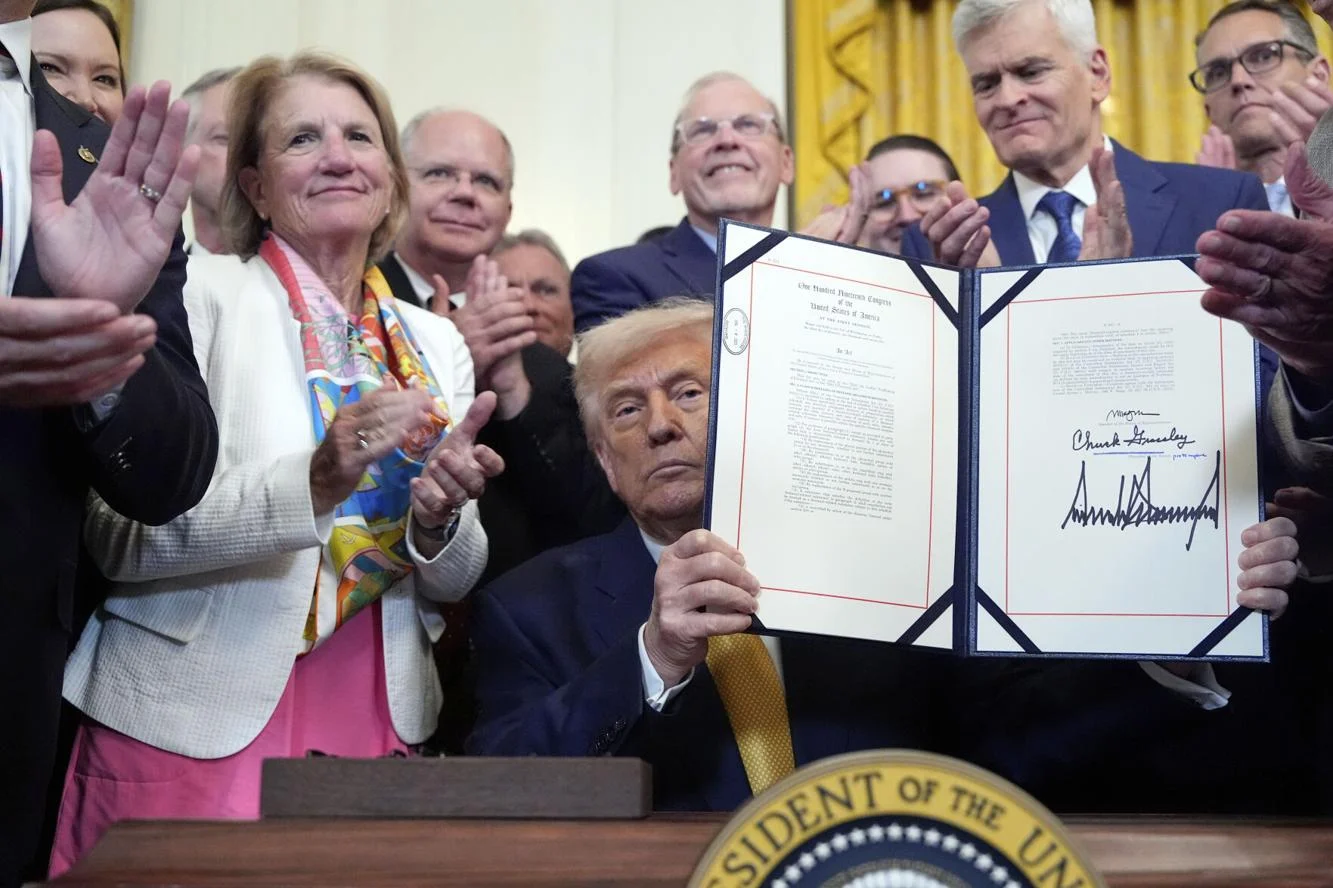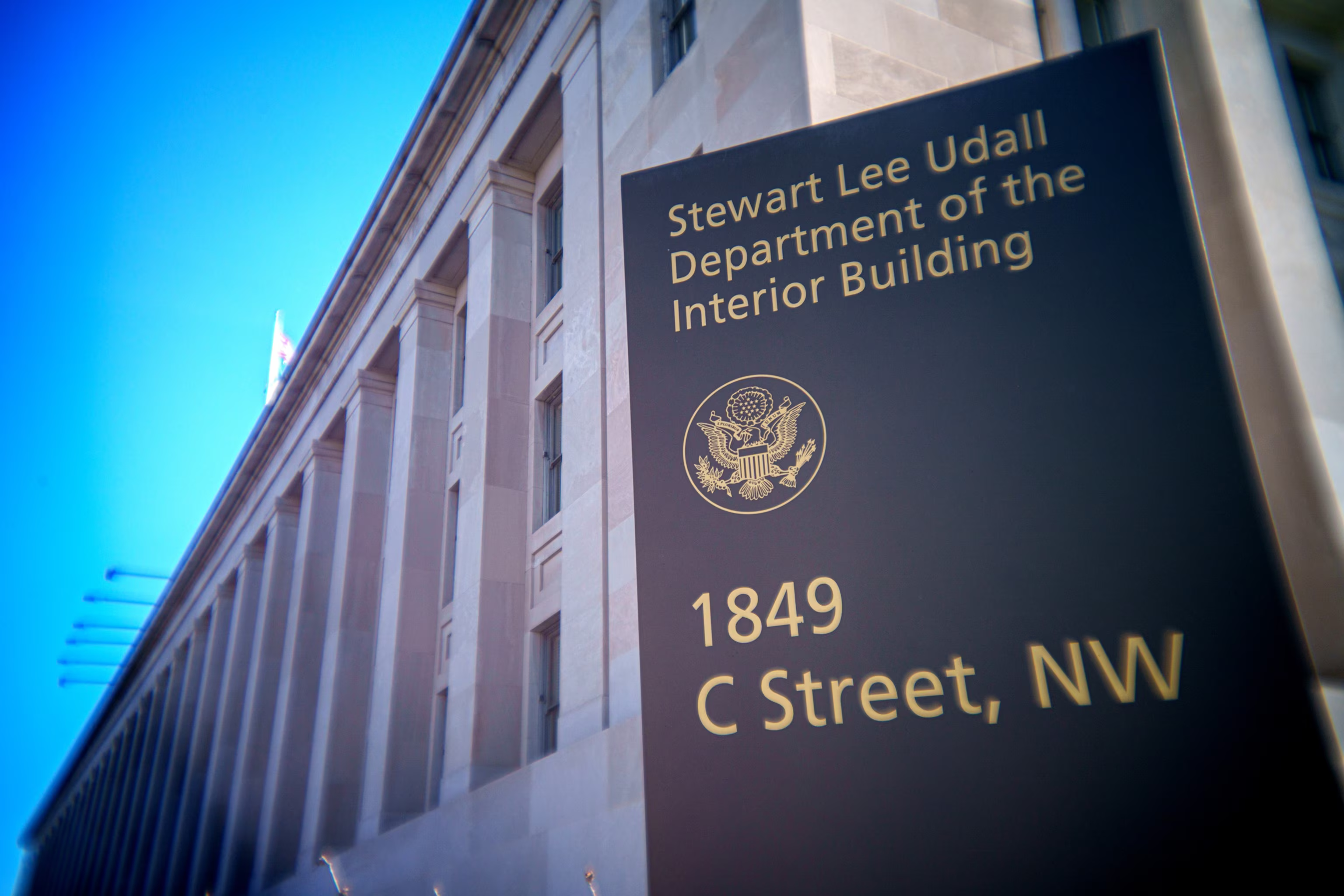President Donald Trump signed the Halt All Lethal Trafficking (HALT) of Fentanyl Act into law on Wednesday, establishing permanent Schedule I classification for fentanyl-related substances under the Controlled Substances Act. This classification places fentanyl alongside heroin, cocaine, and LSD as substances with no accepted medical use and high potential for abuse.
The legislation converts the temporary Schedule I status that fentanyl had maintained since 2018 into permanent law, addressing what federal prosecutors identified as a regulatory gap in drug enforcement.
Legislative Response to Fentanyl Analogues
The law specifically targets fentanyl analogues—synthetic opioids that are chemically similar to fentanyl but contain molecular modifications. South Carolina Attorney General Alan Wilson explained the enforcement challenge: “When a Chinese chemist or a Mexican cartel chemist changes one molecule, changes one component of the fentanyl drug, they actually make it difficult for federal prosecutors to go after them.”
The legislation aims to close legal loopholes that allowed modified fentanyl compounds to evade existing drug classification systems.
Statistical Overview of the Crisis
Federal data indicates that over 105,000 Americans died from drug overdoses in 2023, with approximately 73,000 deaths attributed to synthetic opioids, primarily fentanyl. The Drug Enforcement Administration reported seizing over 44 million fentanyl pills and 4,500 pounds of fentanyl powder in the current year, while conducting 2,105 fentanyl-related arrests.
The Department of Homeland Security seized 27,000 pounds of fentanyl and arrested 3,600 criminal suspects in 2024, according to federal statistics.
Mandatory Sentencing Provisions
The legislation establishes mandatory minimum prison sentences of five years for trafficking 10 grams of fentanyl and 10 years for trafficking 100 grams. During the signing ceremony, Trump noted the significance of these quantities, stating that small amounts of fentanyl can contain lethal doses for thousands of individuals.
Attorney General Pam Bondi emphasized the drug’s potency, warning that “a pill can kill.” Federal authorities report that fentanyl contamination has been detected in other substances, including prescription medications like Adderall.
Impact on Affected Families
The White House ceremony included families affected by fentanyl overdoses. Gregory Swan, whose son Drew died from a fentanyl overdose at age 24 after receiving prescription painkillers for a sports injury, established the “Fentanyl Fathers” group to share prevention messages with high school students.
Anne Fundner, whose 15-year-old son Weston died from an accidental fentanyl overdose in 2022, described the legislation as “a lifeline for families across America.”
Opposition and Criticism
The legislation faced opposition from various sources. Critics, including some Democratic lawmakers and civil rights organizations, argued that the law could inadvertently criminalize harmless substances under the “fentanyl analogue” classification and fails to address underlying causes of substance abuse.
Liz Komar of the Sentencing Project stated: “It’s shocking that lawmakers still believe we can police our way out of a public health crisis.”
Support from State Officials
State attorneys general expressed support for the legislation. Iowa Attorney General Brenna Bird argued that enhanced sentencing protects victims and communities, stating that “the only people that could be against [the HALT Fentanyl Act] would be the drug cartels, because they have so much to lose.”
International Trade Implications
The fentanyl crisis has influenced current U.S. trade policies with China, Mexico, and Canada. The Trump administration has implemented tariffs on these countries, citing cross-border fentanyl trafficking as a contributing factor. The legislation represents one component of a broader strategy to address international drug trafficking networks.
Policy Implementation
The HALT Fentanyl Act provides federal law enforcement with enhanced tools for prosecuting fentanyl traffickers. However, broader issues related to addiction treatment, mental health services, and substance abuse prevention remain separate policy challenges requiring additional legislative and administrative responses.
The law establishes clear legal consequences for fentanyl trafficking while the effectiveness of mandatory minimum sentencing in reducing overdose deaths remains a subject of ongoing policy debate.
Contact us today through our WhatsApp to discover how we can help you achieve success in the United States. Together, we can turn dreams into reality.
Information source: foxnews.com | usatoday.com



